Keywords: Second Amendment
There are more than 24 results, only the first 24 are displayed here.
Become a subscriber for more search results.
-
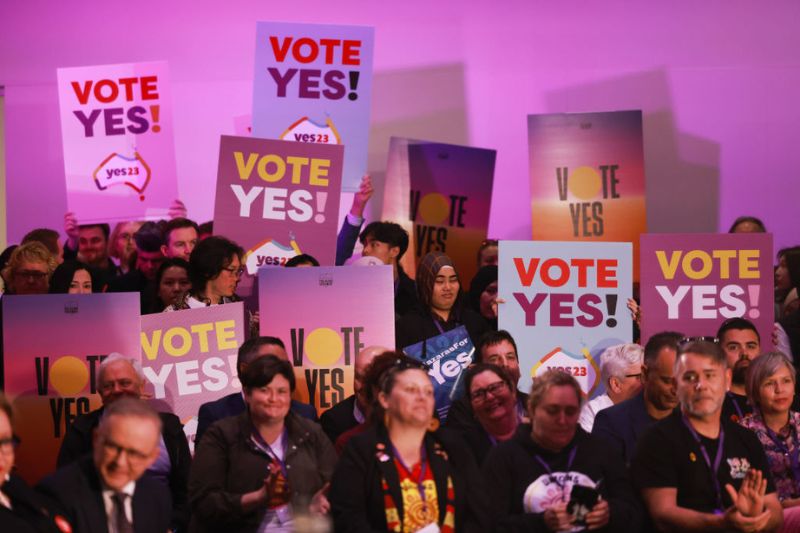
AUSTRALIA
- Frank Brennan
- 04 January 2024
As Australia approaches a pivotal referendum, voters face a critical choice: endorse a new chapter in the Constitution providing a 'First Nations Voice' or leave it untouched. Whichever way the vote goes, we will be left with a Constitution not fit for purpose in the 21st century.
READ MORE
-
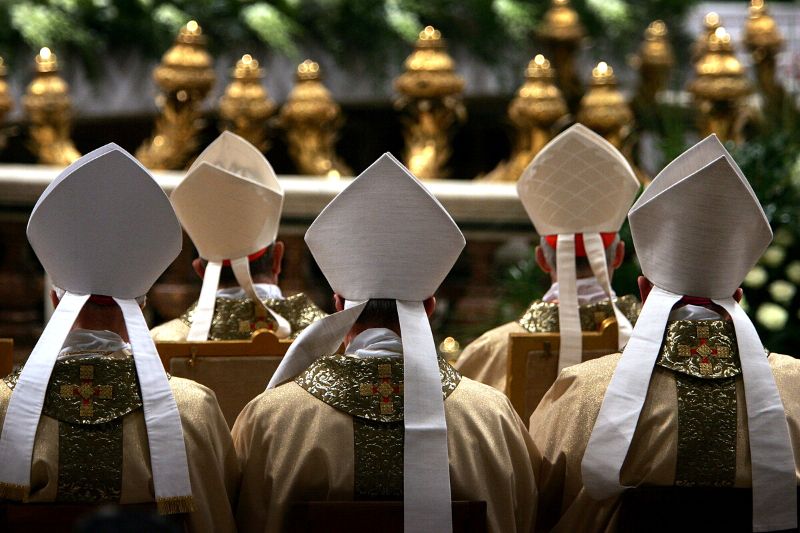
RELIGION
- Bill Uren
- 16 November 2023
7 Comments
Just two days before the opening of the recently concluded Synod on Synodality, five senior Cardinals — German Cardinal Walter Brandmüller, United States Cardinal Raymond Burke, Guinean Cardinal Robert Sarah, Hong Kong Cardinal Joseph Zen and Mexican Cardinal Juan Sandoval Ìñiguez — brought to public notice the five ‘Dubia’ (Doubts).
READ MORE
-

AUSTRALIA
- Frank Brennan
- 09 November 2023
4 Comments
As the government drafts legislation to stem the rising tide of misinformation circulating online, the nation debates: will these measures sufficiently regulate online content and curb potential harms or threaten freedom of expression? This moment is a critical test for the integrity of Australia's public discourse.
READ MORE
-
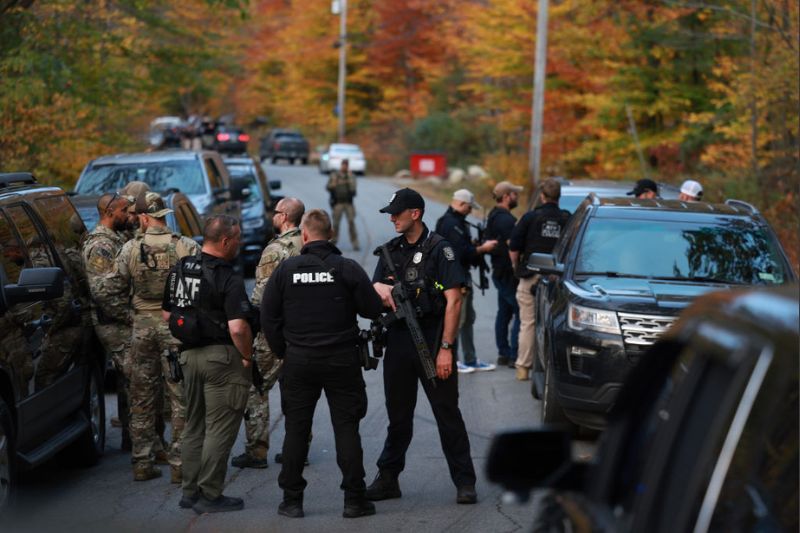
INTERNATIONAL
- Warwick McFadyen
- 30 October 2023
4 Comments
In this latest mass shooting in the United States, horror does not issue automatically, it is weighed down by being too familiar. We feel for the victims, but in that feeling runs the dismal knowledge that it is just another in a long line, seemingly without end.
READ MORE
-
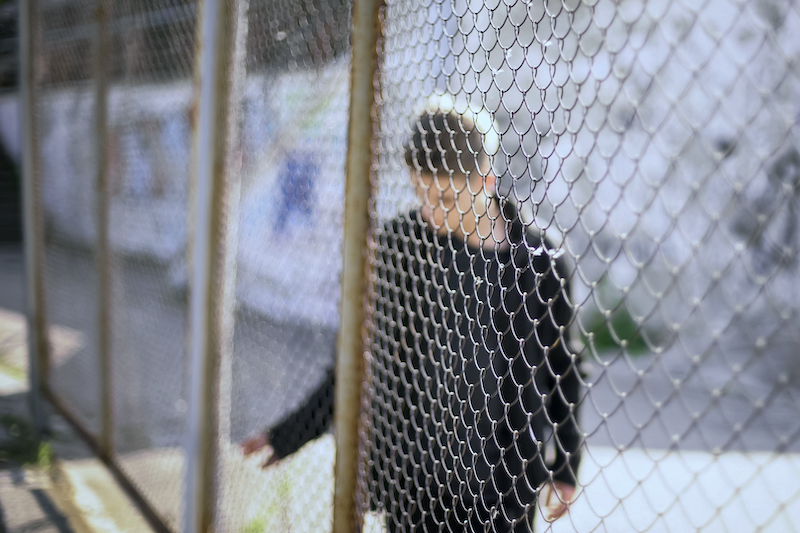
AUSTRALIA
- Andrew Hamilton
- 07 September 2023
4 Comments
On the face of it, the decision of the Queensland Government to pass an amendment to permit holding children in police cells was a desperate and discrediting action. Underneath it, however, was a complex coming together of events, prejudices and attitudes.
READ MORE
-

AUSTRALIA
- Frank Brennan
- 01 September 2023
14 Comments
As Australia approaches a pivotal referendum, voters face a critical choice: endorse a new chapter in the Constitution providing a 'First Nations Voice' or leave it untouched. Whichever way the vote goes, we will be left with a Constitution not fit for purpose in the 21st century.
READ MORE
-

AUSTRALIA
- Kerry Murphy
- 28 July 2023
How has Australia's asylum seeker policy changed over the past thirty years? The approach of every government has reflected the shifting political landscapes and challenging humanitarian issues that have continually shaped Australia's response to those seeking refuge.
READ MORE 
-
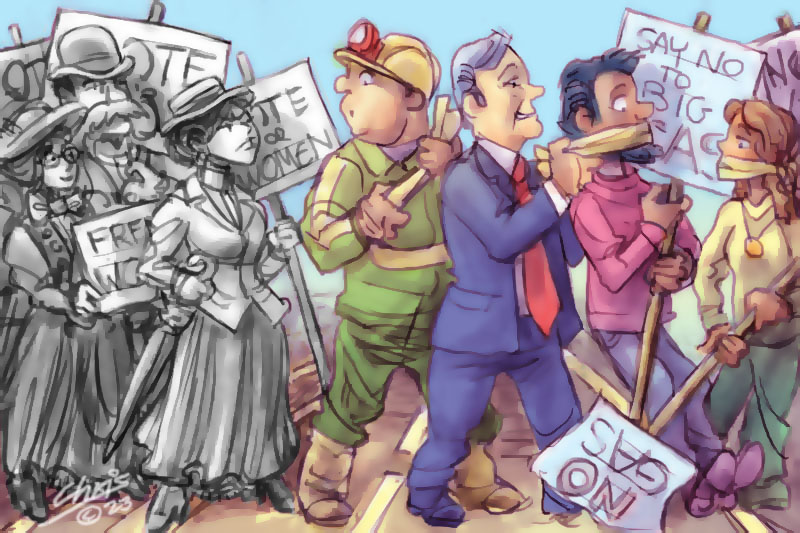
AUSTRALIA
- Michele Madigan
- 29 June 2023
2 Comments
Following a rally by climate action group Extinction Rebellion, anti-protest laws were rushed through the SA lower house, increasing the maximum fines for disruptive protests along with potential jail time. Sadly, SA is not an outlier here, but is rather in step with the rest of the country with similar ‘draconian’ laws regulating protests.
READ MORE
-
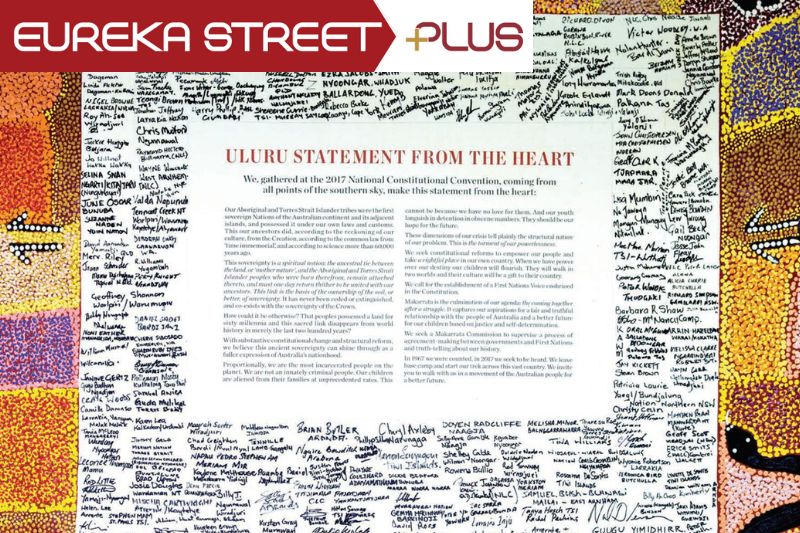
AUSTRALIA
- Frank Brennan
- 17 August 2022
2 Comments
We need to be able to do more than simply give notional assent to the Uluru Statement. We need to be able to contribute to the hard thinking and difficult discussions to be had if the overwhelming majority of our fellow Australians are to be convinced of the need for a Voice in the Constitution.
READ MORE 
-
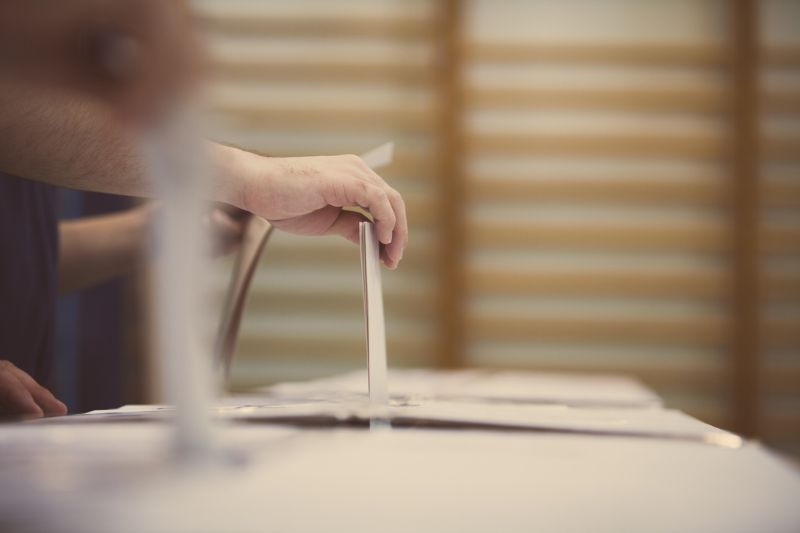
RELIGION
- John Warhurst
- 23 June 2022
6 Comments
The week of the Plenary Council's Second Assembly, unlike the First Assembly, will largely be devoted to voting. My best guess is that there could be about 100 rounds of consultative votes (including amendments and then thirty amended motions) during the week. This will be followed by deliberative voting by the bishops and their proxies. Before voting there will be many short, sharp speeches from among the 280 members interspersed in the program. This will make for an extremely tight timetable.
READ MORE 
-
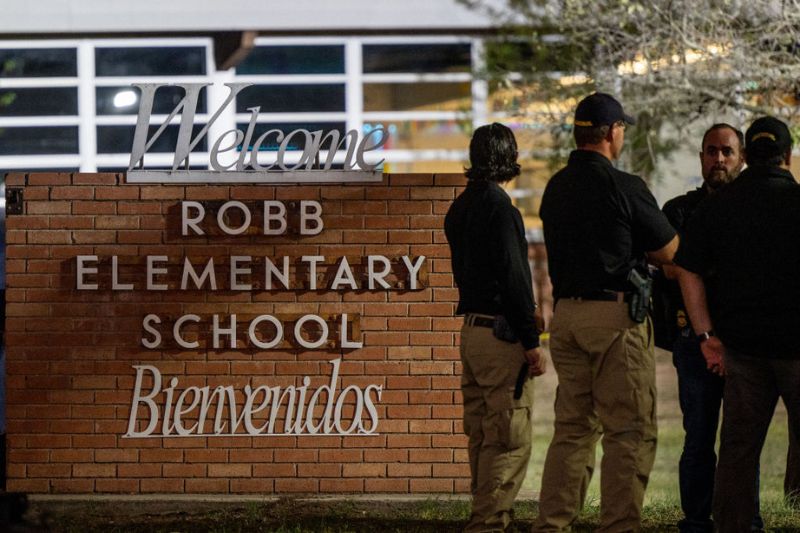
INTERNATIONAL
- Binoy Kampmark
- 20 June 2022
11 Comments
In the context of mass school shootings in the United States, the latest of which took place at Robb Elementary School in Uvalde, Texas, a crude form of deterrence has made an appearance. To be safer, you do not remove guns, but spread them through a policy of mutually assured terror. Any gun toting individual entering the school grounds will think twice before encountering the hail of bullets from a protective teacher. Gun control, accordingly, becomes anathema.
READ MORE 
-

RELIGION
- Geraldine Doogue, Greg Craven, John Warhurst, Julian Butler
- 17 June 2022
3 Comments
After four years, the Fifth Plenary Council of Australia is nearly at a close with the second and final assembly in July. So what has been the significance of the Plenary Council so far, and what can we expect from the final session? In this Roundtable, Geraldine Doogue, John Warhurst, Greg Craven and Julian Butler reveal their hopes and expectations for the process and discuss likely outcomes.
READ MORE 